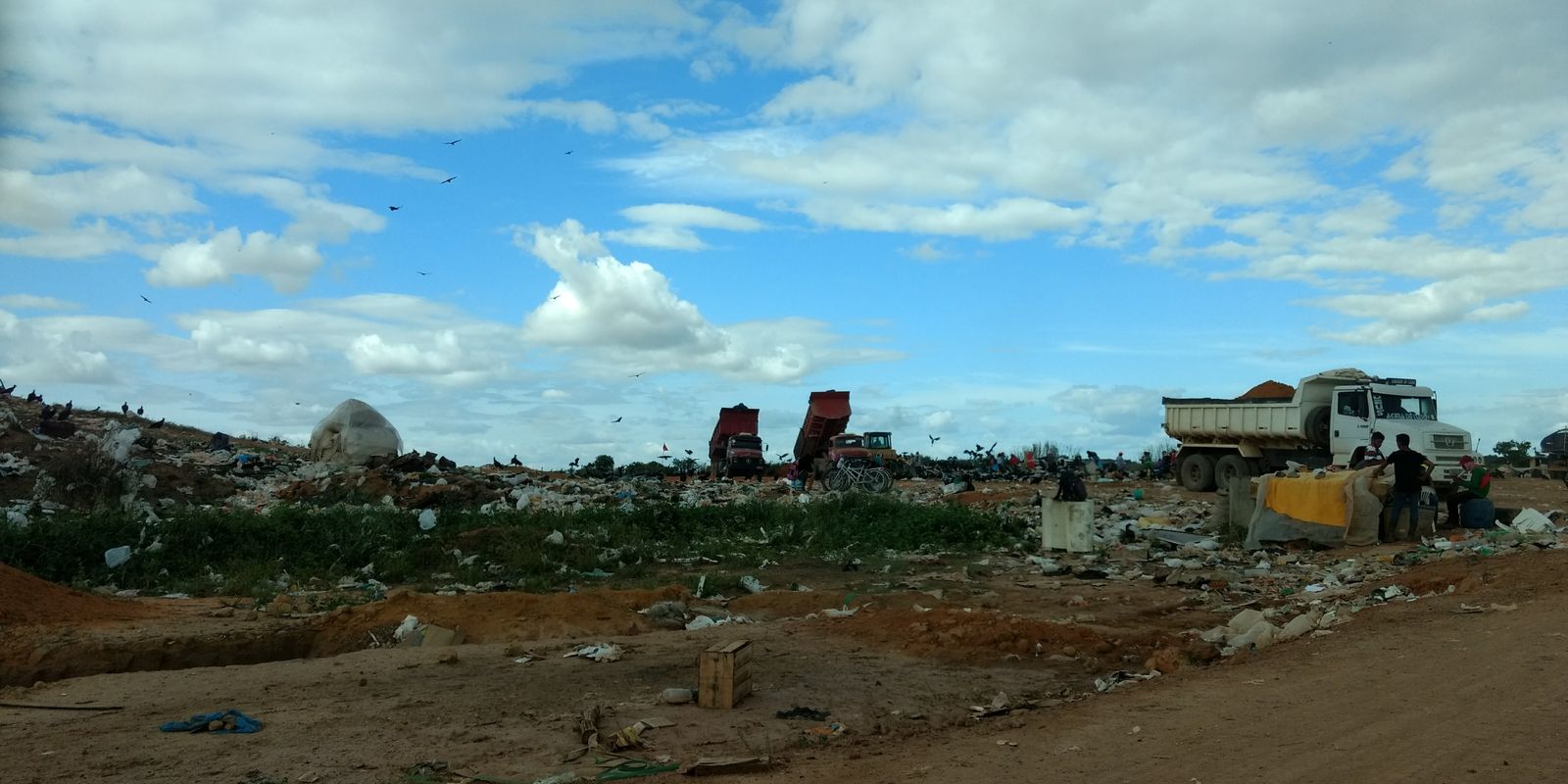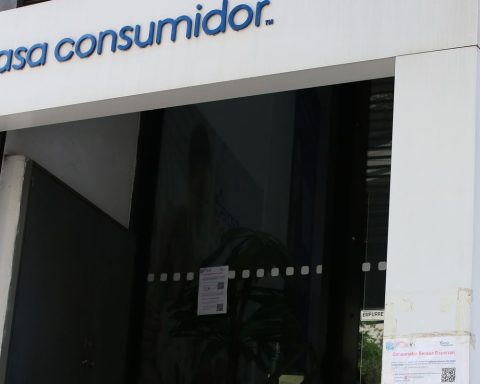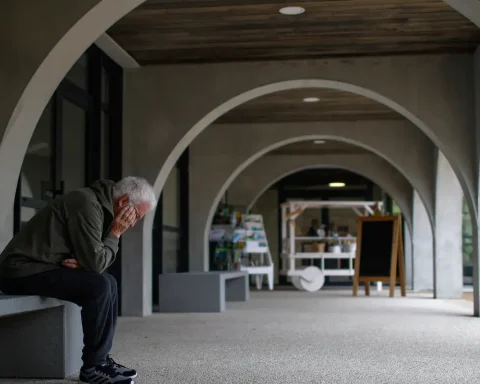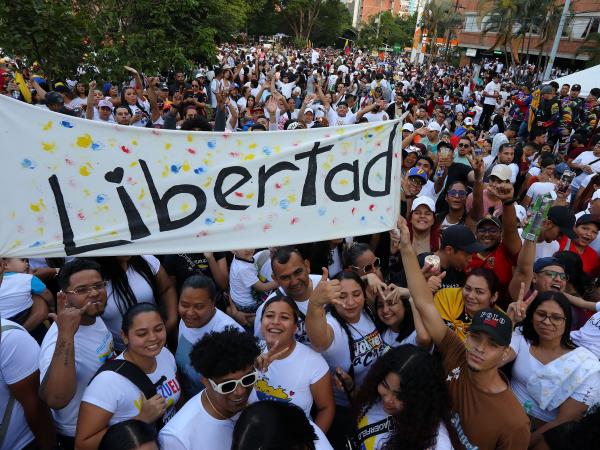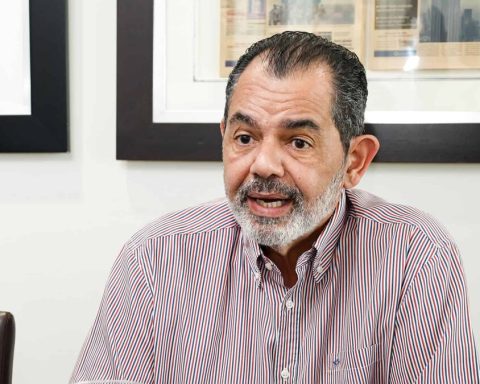A study carried out by the international consultancy S2F Partners indicates that, if Brazil continues to manage waste as it currently does, from 2040 onwards, the total direct and indirect costs will be around R$137 billion per year, of which R$105 billion will correspond to externalities. If the trend continues until 2050, the costs will exceed R$168 billion, of which R$130 billion will be externalities, explains the consultancy, which specializes in waste management and the circular economy.
According to the research, by 2020, waste management in Brazil cost R$120 billion, of which R$30 billion refers to the direct costs of waste management services in the country. The remaining R$90 billion is the cost of externalities.
Externalities are indirect costs arising from the current model, in which there is low recycling, no full collection of waste generated, and the irregular disposal of 30 million tons of waste sent annually to landfills and controlled dumps. This practice causes soil contamination, pollutes the air and water, impacting human health and environmental conditions, and contributing significantly to the loss of biodiversity and global warming.
According to one of the authors of the study, Carlos Silva Filho, achieving the goals of the National Solid Waste Plan (Planares) in 2040, which includes closing landfills and increasing recycling to 50%, would result in a reduction of more than 80% in total costs compared to current waste management expenses, already considering externalities, a factor ignored in the studies.
According to the report, if the Planares targets are met, the total cost of solid waste management in Brazil in 2040 will be just over R$22.5 billion per year, with gains of over R$40 billion per year. If the increase in the recycling rate is extrapolated to 55% in 2050, the total cost will fall to around R$15 billion.
“If we consider only the Planares goals for 2040, which include closing landfills, increasing recycling targets, using organic materials and improving landfills for capturing gas and producing energy or fuel, it will already be possible to reduce the impact of poor management and still generate gains from recycling materials,” said Silva Filho.
